Sunflower Children: Listening to Post Malone in Alaska

Tununak is a place where no roads lead. The tiny village on Alaska’s Yukon-Kuskokwim Delta is nestled deep within sprawling tundra, in a corner of the earth so wild developers don’t dare build upon it. The last true wilderness, they say.
Tununak children know which bushes hold the most wildberries, where to dig for permafrost, and how to spot a muskox miles away. They speak a few words of their elders’ language, Yup’ik, but wish they knew more. They play Post Malone songs from a collective boom box, which echoes through the entire village when turned up to full volume. They love the song Sunflower the most.
The children hold out their arms and birds land on them. “Why do they do that?” I ask a little boy who seems to have an affinity with the birds. “Because our ancestors were nice to them,” he shrugs, bounding away, his flock in tow.
Every May, the adults of Tununak load up their boats and wave goodbye. “We don’t catch the fish now, we don’t eat this winter,” a white-haired man with big, calloused hands tells me. They are off to hunt and fish, to take advantage of the summer sun before winter brings 23 hours of darkness a day and snow as tall as the villagers themselves. In the summer, Tununak’s population of 400 dwindles to 150, and this becomes a land run by children.
“Just a few full moons,” the adults call as they sail off into the Bering Sea. “Then we’ll be back.”
*
“In the summer, Tununak’s population of 400 dwindles to 150, and this becomes a land run by children.”
I found myself in Tununak because of a Reddit thread: “Summer Camp Counselor,” a comment read. “Help Alaska’s youth discover their spark!”
It was May 2019. I’d just returned to a long, lonely winter in my Missouri hometown after a year teaching in rural Borneo. Coming from a place where I carried only what I needed, suburban America was an overwhelming paradox of choice. I cried in the toothpaste aisle at Target, beset by options. “I just feel so lost,” I told a psychiatrist. She called in a prescription for Lexapro and sent me on my way. But what I struggled with most after a year in the jungle’s quiet was noise. Everything is so loud, I thought. I jumped at fire truck sirens and lawn mowers. I felt flooded by trending sounds on social media, by fluorescent strip malls with big box stores. I was back in a society that dissociated from its environment, rather than one that melded with it.
In Borneo, a Malaysian teacher at my school told me about a study that had found the cadence of people’s language changed depending on where they lived along the Pahang River. Those situated near rapids and waterfalls speak quicker and louder than those who live where the river is calm.
That spring, I lived in the world of noise-canceling headphones. The soundtrack to my life became, of all things, a litany of Post Malone songs from the kid-friendly playlist I’d created for my classroom back in Borneo. Clean versions of Stoney tracks had been surprisingly popular with my students; and though I’d heard every song hundreds of times by the time I returned to Missouri, listening to Post quieted the loudness outside, and in my head.
Then in mid-May, I had a dream about Alaska. It was the vivid kind, one of those dreams that jolts you awake, leaving you confused as to where you are and whether it was real or not. I took the dream as a sign. Of course—I had to move to Alaska! I craved a remote place where Instagram didn’t work. Most of all, I was desperate for silence.
I clicked the Reddit link: A non-profit was looking for camp counselors adept at working with children in rural environments. I applied and interviewed the very next day. “Can you be here next week?” the program manager asked me. I bought a one-way ticket to Anchorage.
The airport terminal was a flood of Patagonia fleeces, Keen boots, and Osprey backpacks. Everyone was talking about The Mountain—the colloquial term for Denali. When our plane descended at 4 a.m., the sun was setting over Denali, its peak so close I felt I could touch it. All down the plane, aisle-seaters huddled together with window-seaters, each face glued to the window, stranger cheeks touching. When I saw it for the first time, I couldn’t believe such a thing existed, that I could be made to feel small in the way one wants to feel a part of something. The Mountain, I whispered, letting myself be earnest, moving over so my seatmate could share my window, share my cheek.
“All down the plane, aisle-seaters huddled together with window-seaters, each face glued to the window, stranger cheeks touching.”
Upon landing, I checked my phone to refer to the only instruction I'd been given—an address, texted from an unknown number, which turned out to be a retreat center in the suburbs. I put my things in a bunk and went to the common area to meet the other counselors. We had a week of training here before we set off to our placements for the summer, so we signed up for chores and made tea and mingled, keeping the friendly but detached demeanors of people who know they’ll never see each other again.
I do remember a conversation with a kindly, middle-aged woman who first became a counselor after a devastating divorce, then kept coming back each summer. “These kids aren’t like the kids you’ve worked with,” she said. This caused an uproar. What do you mean? us novices wanted to know. Our cohort consisted mostly of recent college grads with prior teaching and counseling experience back in the lower 48. How can you ‘other’ them like that? we demanded. She just laughed. “You’ll see what I mean.”
What she knew was that our job that summer wasn’t really to be counselors, and this wasn't really camp.
*
I didn’t have enough cell phone service to Google my placement when I got my assignment. All I knew was a bush plane was taking me 500 miles away from Anchorage. I didn’t get a ticket; I just told the pilot my name and hopped in behind him. I floated past Denali once more, this time leaving it in the rearview, continuing on over winding rivers and treeless tundra. It wasn’t until we landed that I realized Tununak was on an island, swallowed up in the Bering Sea. The plane plopped down on a small square of pavement, where the pilot tossed out my suitcase and immediately took off again. It was windy and gray with water in every direction. From the airstrip, the village was a single row of colorful specks.
I lived in the schoolhouse library, where my sleeping bag lay nestled between bookshelves, my barrier against the 3 a.m. sun. Every morning, I woke up to rapping on the window and a chorus of giggles⎯the little kids ready to start the day. Sometimes, while I was cocooned in my sleeping bag, the younger kids would put the boombox speaker against the VHF radio used for village announcements, and play Sunflower. Their giggles reverberated with Post’s crooning, blaring through the schoolhouse.
I taught swim lessons and administered NSLP lunches and became reacquainted with silence. In orientation, swim lessons had seemed like an afterthought to the games and activities roster. In reality, they were what the kids looked forward to the most. We’d often abandon the scheduled educational activities and run to the spot where the river meets the ocean, me in my wetsuit, the kids in shorts and t-shirts, unphased by the freezing water. Wild puppies ran in droves along the river’s bank, and after each session, the kids would scoop them up and take them home. They were unclaimed, but always cared for.
“We’d often abandon the scheduled educational activities and run to the spot where the river meets the ocean, me in my wetsuit, the kids in shorts and t-shirts, unphased by the freezing water.”
Besides programming for children ages 5−12, I was meant to host a “teen night” each evening with activities to keep the older youth “out of trouble.” Oftentimes no one came, and I didn't blame them. The high-schoolers knew my stay was temporary, a government-subsidized distraction. They had much more on their minds than weaving friendship bracelets and growing microgreens. In the summer, they were in charge. They cared for younger siblings and worked at the village shop and checked in on homebound elders while the adults were away.
But almost all of the village children, whether or not they participated in camp, lined up to eat the NSLP lunches, despite the stomach aches the food gave them. Their bodies weren’t used to processed bologna and fruit roll-ups, to daily cartons of whole milk and Little Debbie-esque brownies. They’d grown up on the meat their parents hunted and berries plucked from the tundra. But these were American children, and this was the American free lunch. I kept handing out the plastic-wrapped meals.
Once every two weeks, a bush plane dropped a box of fresh fruit on the landing strip and the kids and I would sprint across the plain to get to it. I’d rip the cardboard apart and we’d grab at the oranges and apples, sinking our teeth into the flesh, no regard for the juice dripping down our chins. I developed a sort of Pavlovian response to the planes, running towards the falling boxes regardless of what they held.
Outside the school was a basketball court, where the hoops didn't have nets and the tundra sprouted through the rubber’s cracks. This was the teenage boys’ stomping grounds. They hung out on the court, yelling expletives when I walked by, asking what exactly I thought I was doing there. Their leader was a boy named Dominick. Dominick was 16 years old and six feet tall with a posse that followed him everywhere. He walked slowly, but the rest of the boys, much shorter, had to run to keep up with his gait. When he yelled a command, everyone listened, and when he told a joke, everyone laughed.
Dominick was not just the leader for his posse, but for all the children. He was the eldest of six, but seemed to know every child’s story as if each was his sibling. He dissolved fights and tended to tummy aches, and while he rolled his eyes at the constant requests for Sunflower, he always played the song anyway. It was through watching his adeptness that it became clear to me the insufficiency of my own role, an outsider working a temporary job for an agency hundreds of miles away.
Whenever I had a question, I was referred to Dominick for the answer. My first week on the job, I tried calling the Tribal Council to check in and ask questions, something we were told during orientation to do regularly as counselors. It took several days of attempts before someone answered. The chief’s phone had fallen into the ocean, the person said. He would be unreachable the rest of the summer. Had I met Dominick? He could help with whatever I needed. Then the call disconnected. And so, when I couldn’t find the school supply closet or needed advice mediating a feud between the children, it was Dominick I went to. I tried to be discreet, so as to not embarrass him, or maybe more honestly, myself, not wanting to draw more attention to my ineptitude.
One day in mid-summer, a commotion erupted in the gym. Dominick’s youngest sibling Andy was crying out, his shorts soiled. Dominick emerged from outside and yelled, “What a baby!” The other kids burst into laughter. And while I knew it was unfair, I felt sharply disappointed in him for what I easily forgave of the others. But after everyone left to go home for the day, I saw Dominick take Andy’s hand and kneel down to his baby brother’s height, reassure him, then guide him home. How heavy the burden must have been, I realized, for this teenage boy carrying the expectations of a grown man. Yet it was easy to imagine Dominick as village chief one day. That summer, when the children governed themselves, it often felt like he already was.
*
In the tundra, every sound felt more intentional. Here, there were no sirens, no car horns, hardly a raised voice. I noticed how peoples’ speech mirrored the quiet, rolling landscape—never in a hurry. The children paused in conversation before responding—sometimes for full minutes—as if to make sure the speaker was truly finished. Soon, these pauses became natural beats in the rhythm of my own speech.
I tossed my programming manual in my suitcase and never took it out again. I began leaving the gym unlocked during “teen night” hours instead of trying to force activities. I couldn’t offer much, except for space. I started a new ritual of walking down the beach beneath the bright night sun, thinking about what exactly I was doing there. The beach was a thin stretch of sand, maybe eight feet wide. That summer, seal carcasses washed up ashore every day, a novelty in the village. The kids would prod their bodies with sticks, hoping to see a sign of life.
One evening, a precocious child who sometimes walked with me pointed to a spot in the sea and said it was once the site of the land bridge, where people migrated from Russia. Then he pointed to the cliffs on the village edge, where the tallest cairns I’d ever seen lined each peak, like waving statues. “They’re meant to look like us,” he said, gesturing to the kids running around the tundra. “They’re meant to guide the boats home.”
“But I wondered how you leave a place like this, where the cairns watch over you from the cliffside, where the birds trust you instinctively, because their ancestors shared this land with yours. So much has already been taken.”
The important thing to know about Tununak is that it’s sinking. Each day, the colorful wooden houses, set on a strip of land between the river and the ocean, grow more and more precarious. My first week on the island, a young girl arrived at meal service soaking wet. A wave had hit her, she explained. It happened sometimes when she walked out her front door. Tununak’s neighboring village, Newtok, has already made plans to move inland. But I wondered how you leave a place like this, where the cairns watch over you from the cliffside, where the birds trust you instinctively, because their ancestors shared this land with yours. So much has already been taken. When I asked the children in Tununak how they felt about other places they’d been, they always had the same response: It’s so loud there, they said. And they’re right; in Tununak, noise is a crashing wave, a seal’s cry, a solitary voice over the village radio.
It wasn’t until I left Tununak that I learned my program began as a way to mitigate drownings in rural villages. Alaska has the highest rate of unintentional drowning deaths of any US state. Since water levels are rising, Tununak’s adults are gone for longer stretches now, forced to travel further inland to find salmon amidst suffocating rivers, to hunt caribou with new migration patterns. Summer camp, I’d come to find, was really a desperate response to climate change.
On a particularly warm night, I returned from my walk to find the teen boys wading where the river’s mouth connected to the sea. Some wore life jackets, others were bare-chested. On my previous walks, I’d seen Dominick do laps in the river, bank to bank, the rough current seemingly having no effect on him. This evening, he sat on the shore instead, the boombox next to him, his arms wrapped around his knees. Sunflower played, and the boys sang along. They stood with their arms crossed, chests puffed, faces blank, lips purple. They used to count tides to know when their parents would be home. Now it was too unpredictable. They looked so young, shivering on the water's edge, forcing their voices lower, boys trying to be men.
“You like Post?” I asked. They nodded, offering me the tape’s origin story for the first time. It was a bootlegged version, they told me, from someone’s auntie’s friend’s cousin in Anchorage—or at least, that’s what they thought. Anyway, it’s from somewhere else. I wondered if Post Malone ever imagined his words traveling so far, that they’d echo across the end of the earth. We were still wary of each other, the boys and I. But we shared Post, and for now, that was enough.
ABOUT THE AUTHOR
Meghan Gunn is a journalist based in Brooklyn. Her work has appeared in Marie Claire, Newsweek, Narratively, and GEN, among others. She received an MFA in literary reportage from New York University. Her OA essay “To the Swimmer in the Borneo Rainforest” is anthologized in Best American Travel Writing 2021.
Read Meghan’s “Behind the Essay” interview in our newsletter.
Header photo by Silas Baisch.
Edited by Anya Tchoupakov.


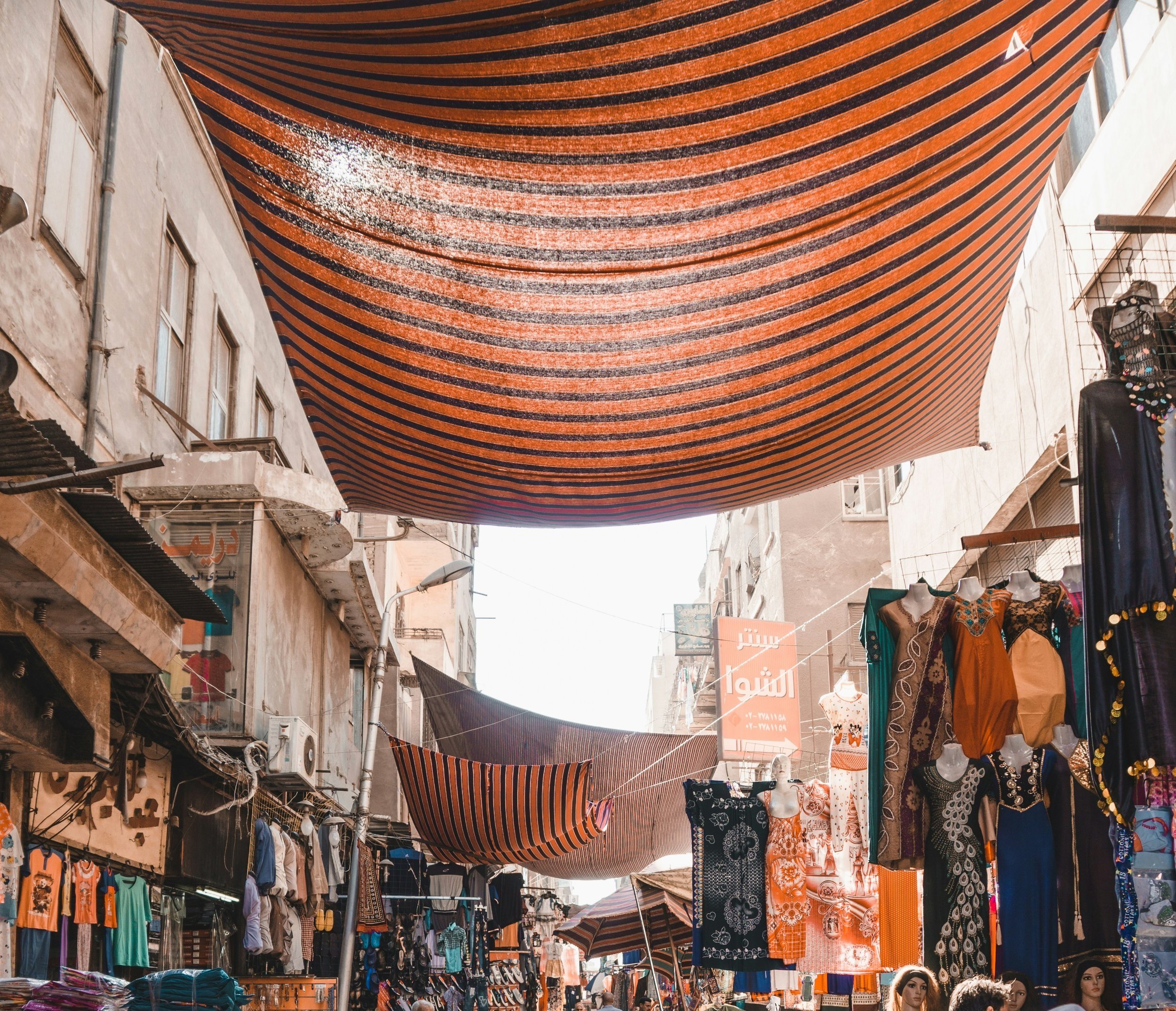
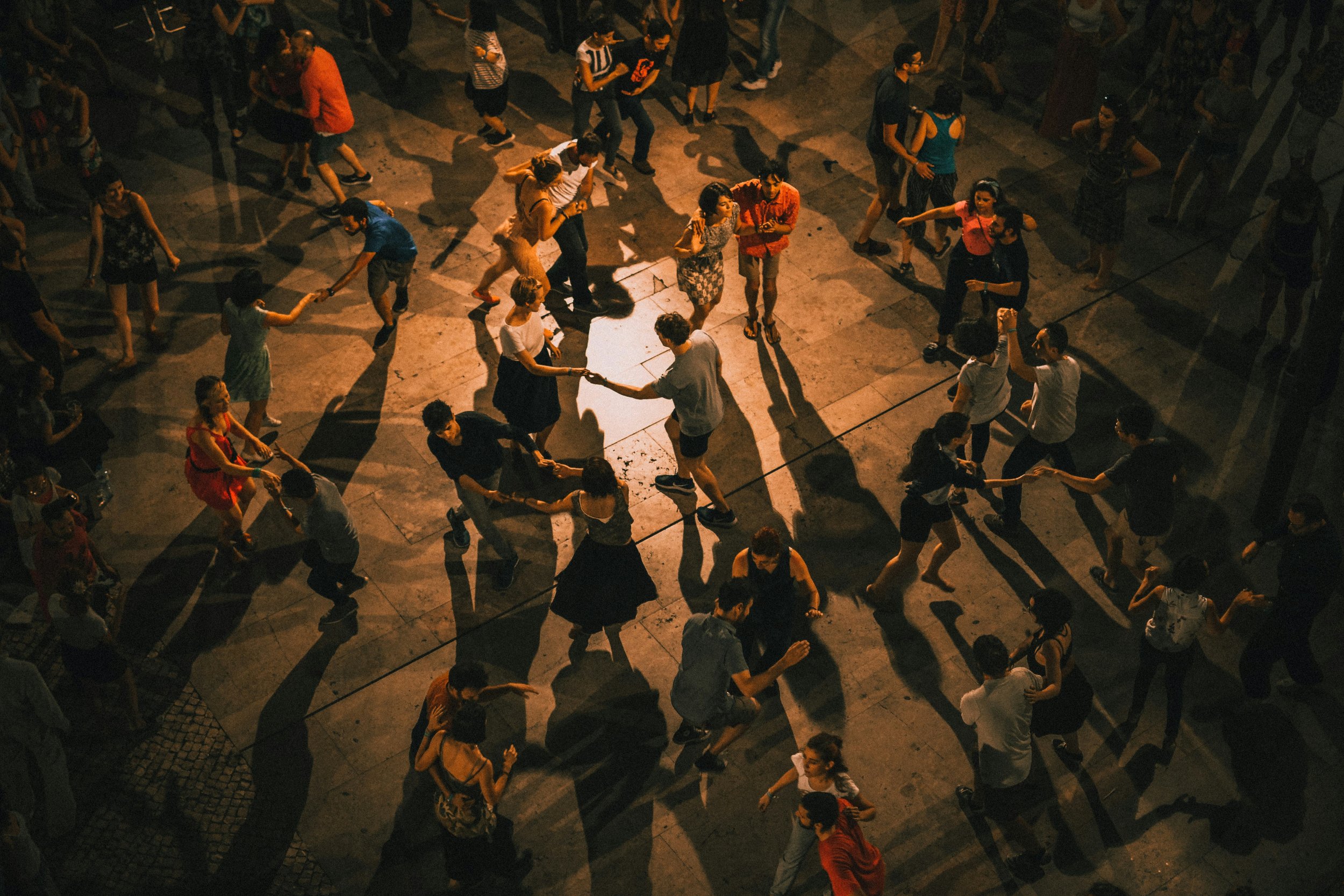
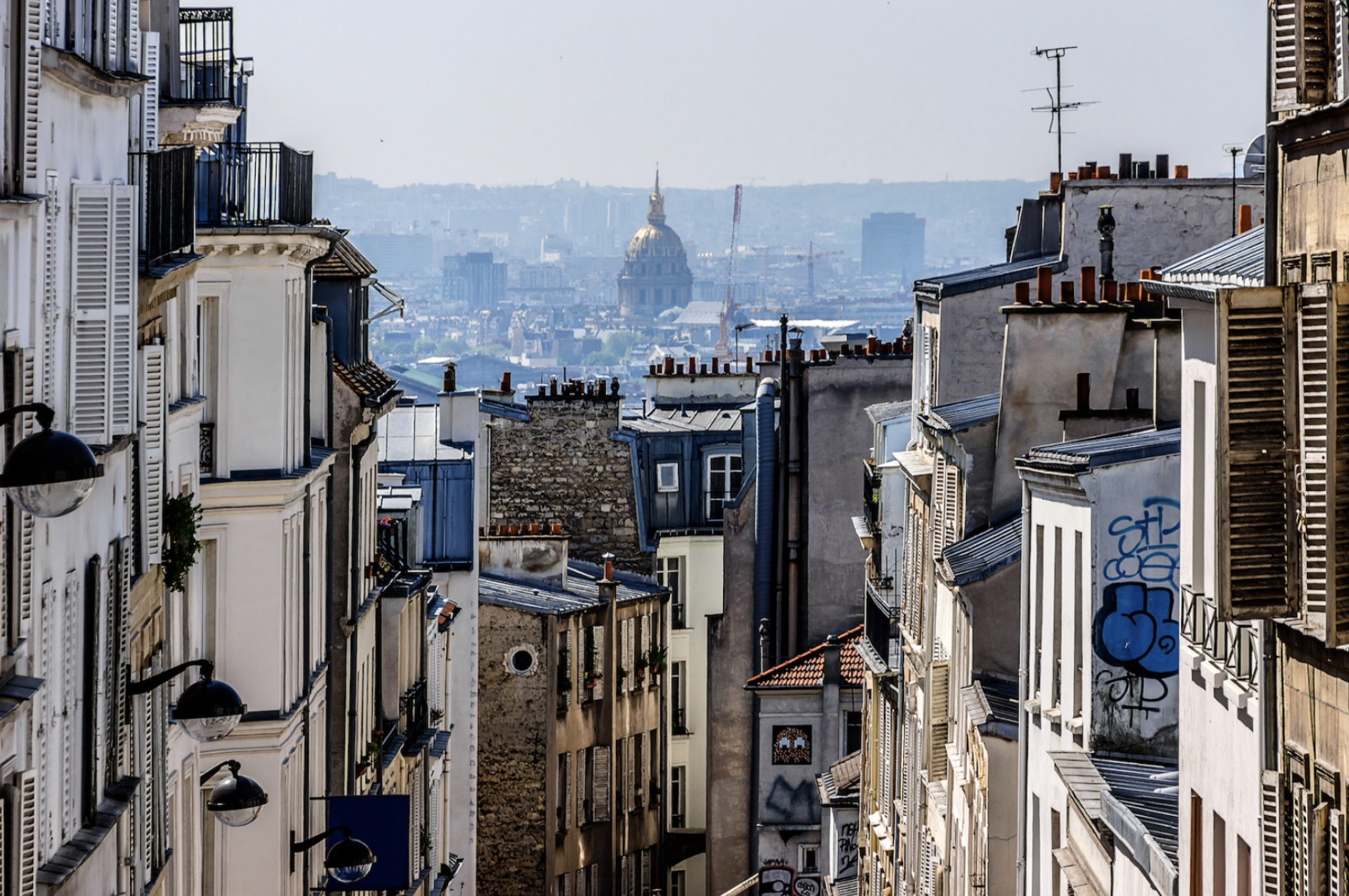


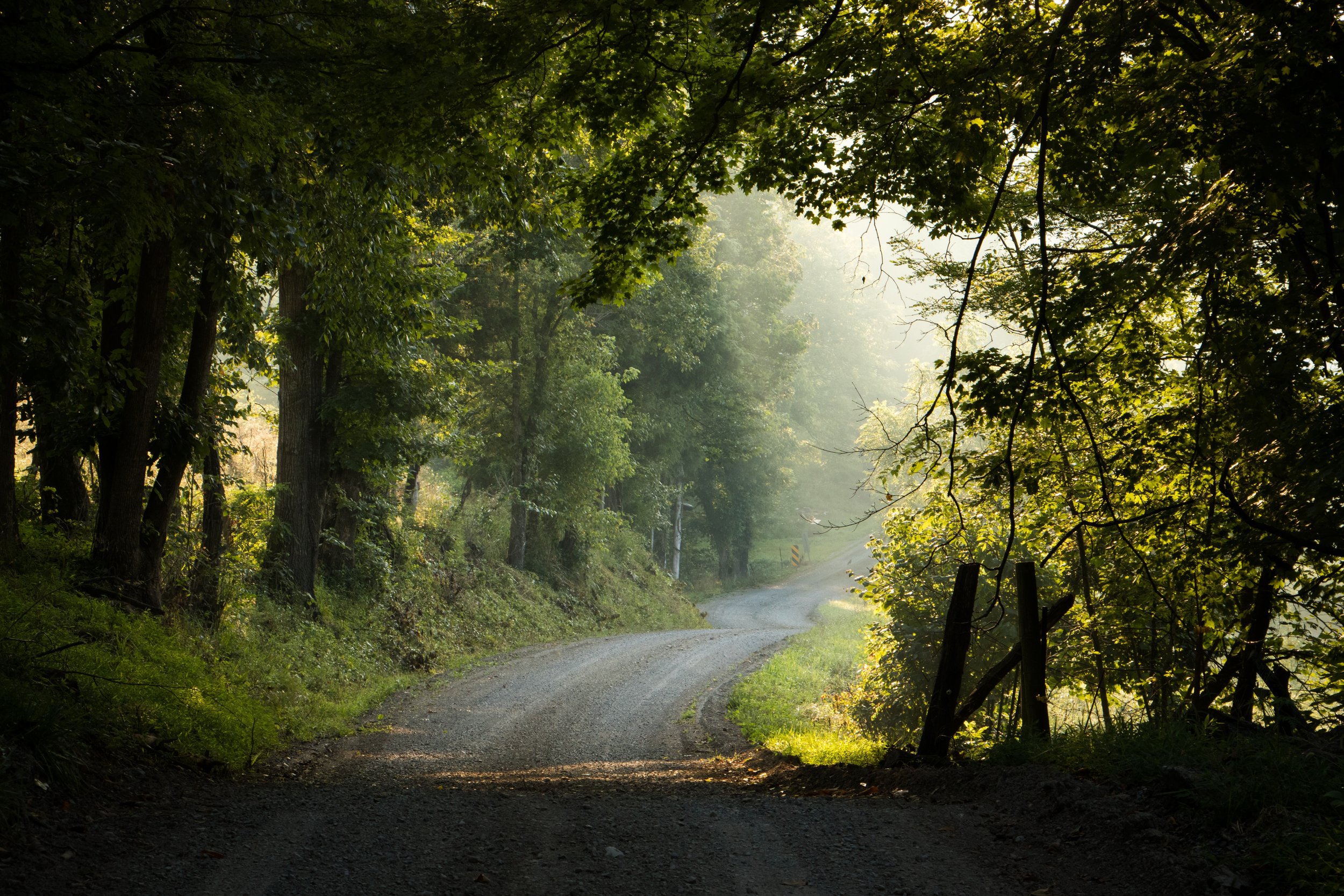
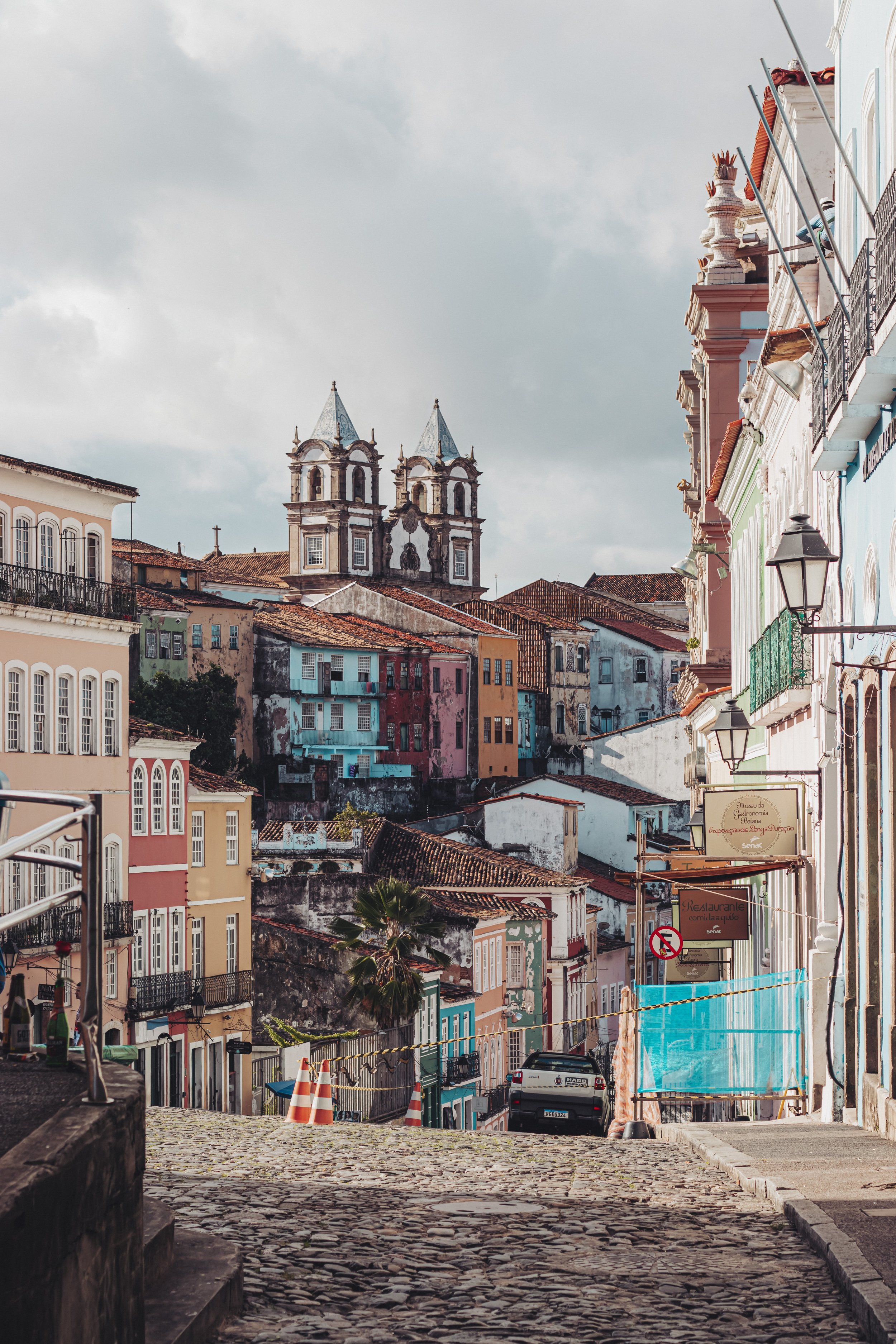
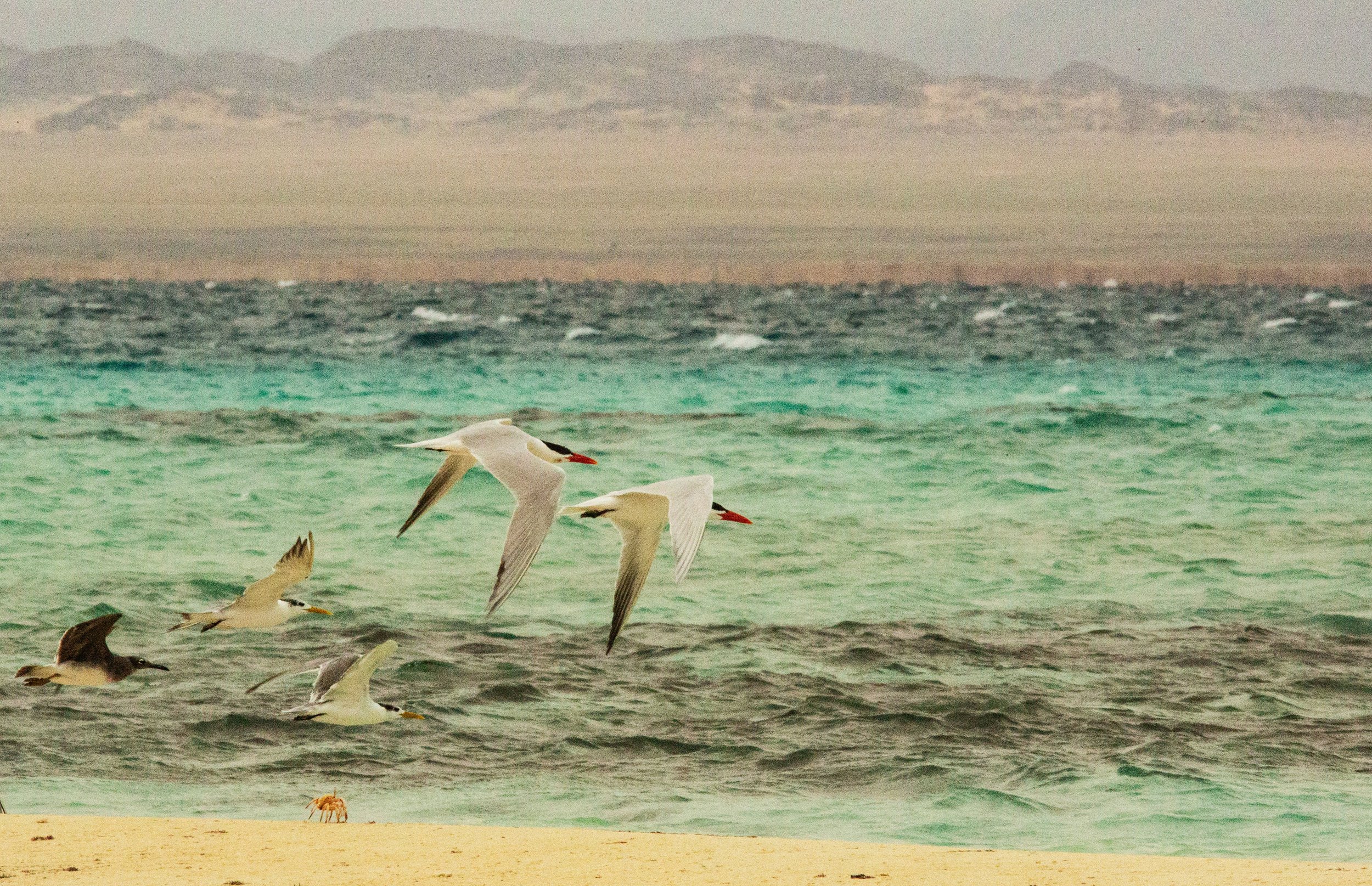
At the end of August 2023, I flew to Indianapolis where my friend, the artist Kate Parnell, picked me up in her mom’s silver Hyundai Sonata of late-90s vintage. It maxed out at 62 mph. Above the license plate, Kate had stuck a bumper sticker that read “Garfield from Memory,” the name of a four-year art project that had become her full-time job. The tagline: “The great thing about painting Garfield from memory is no one can tell you you’re wrong.”